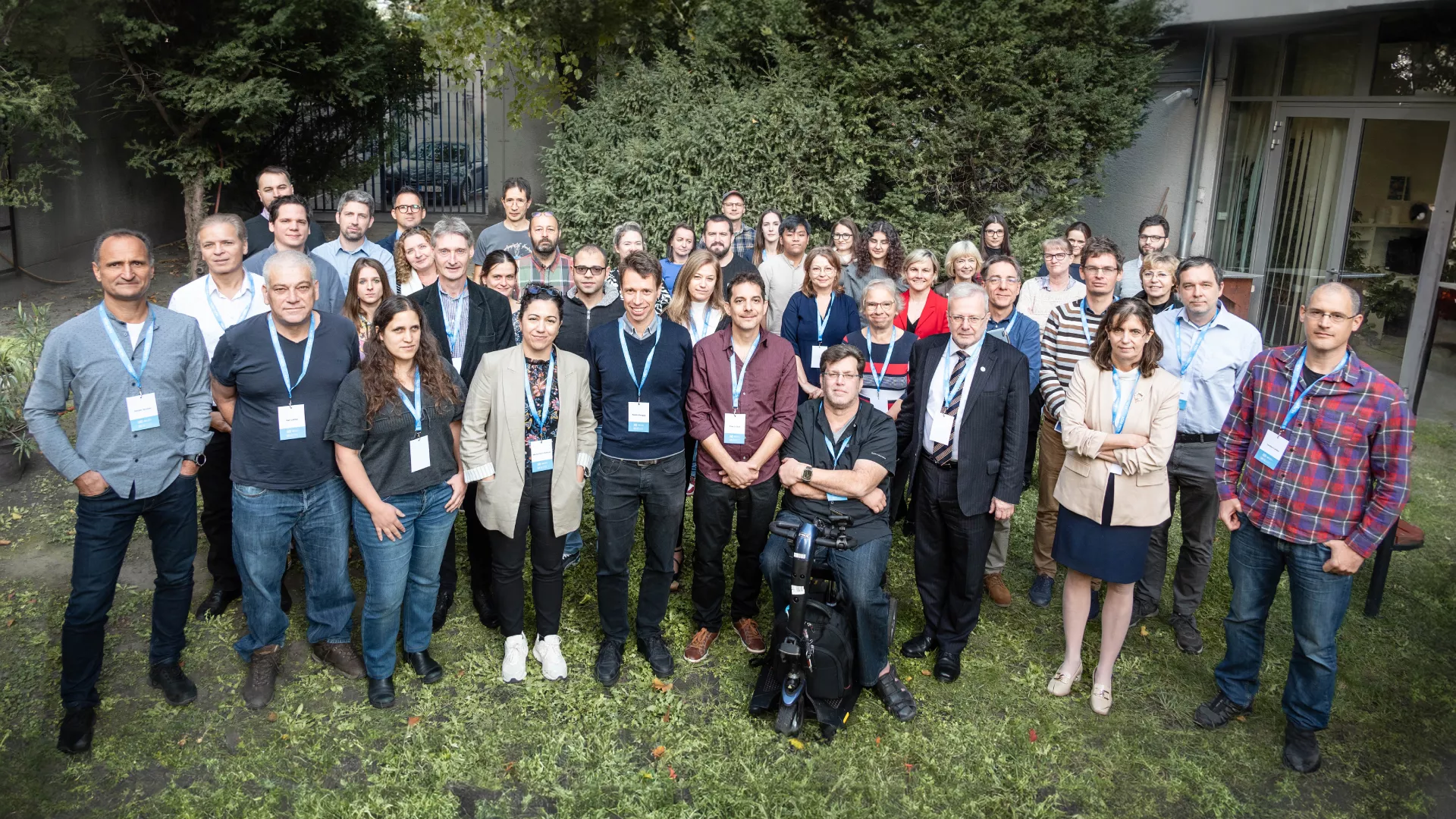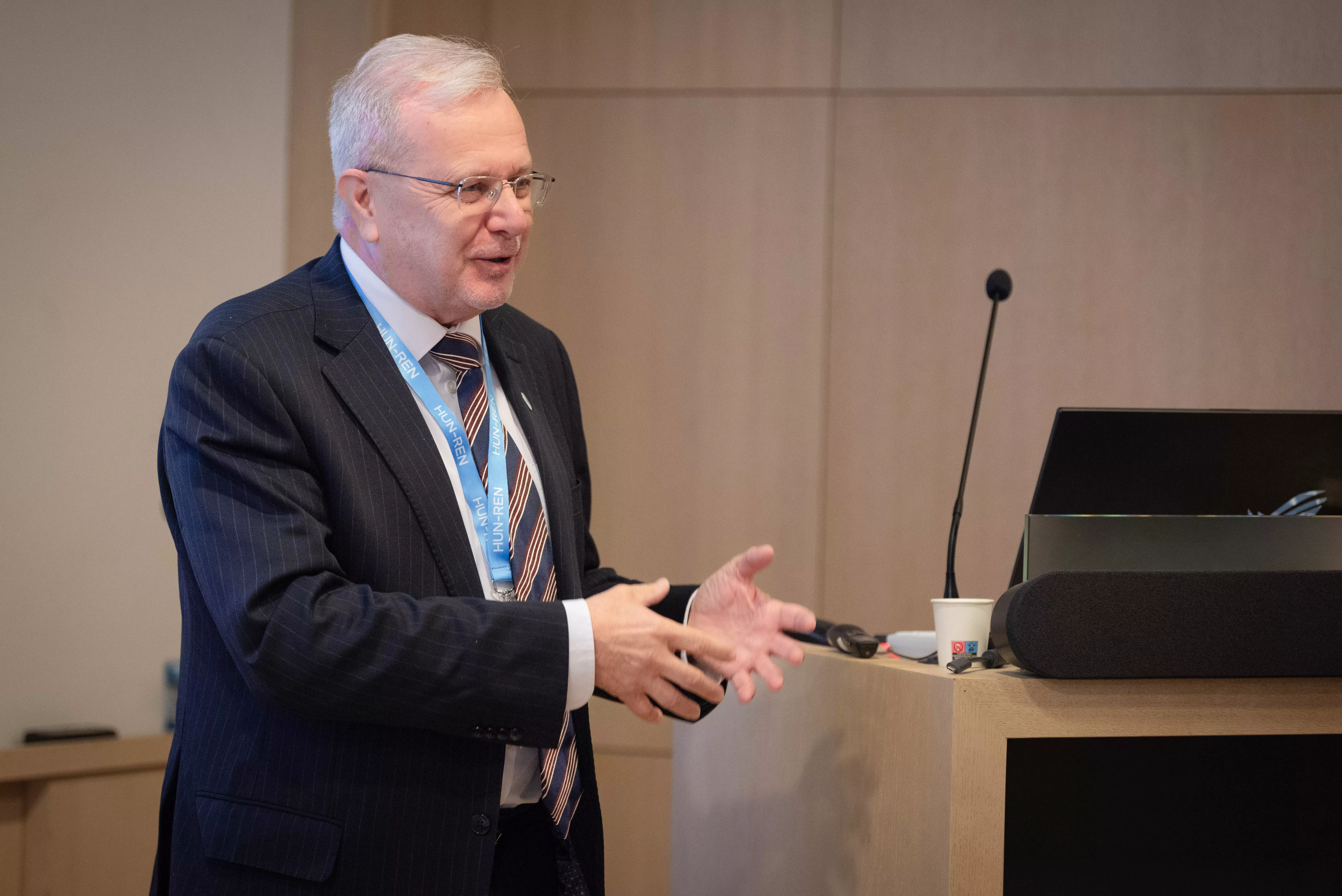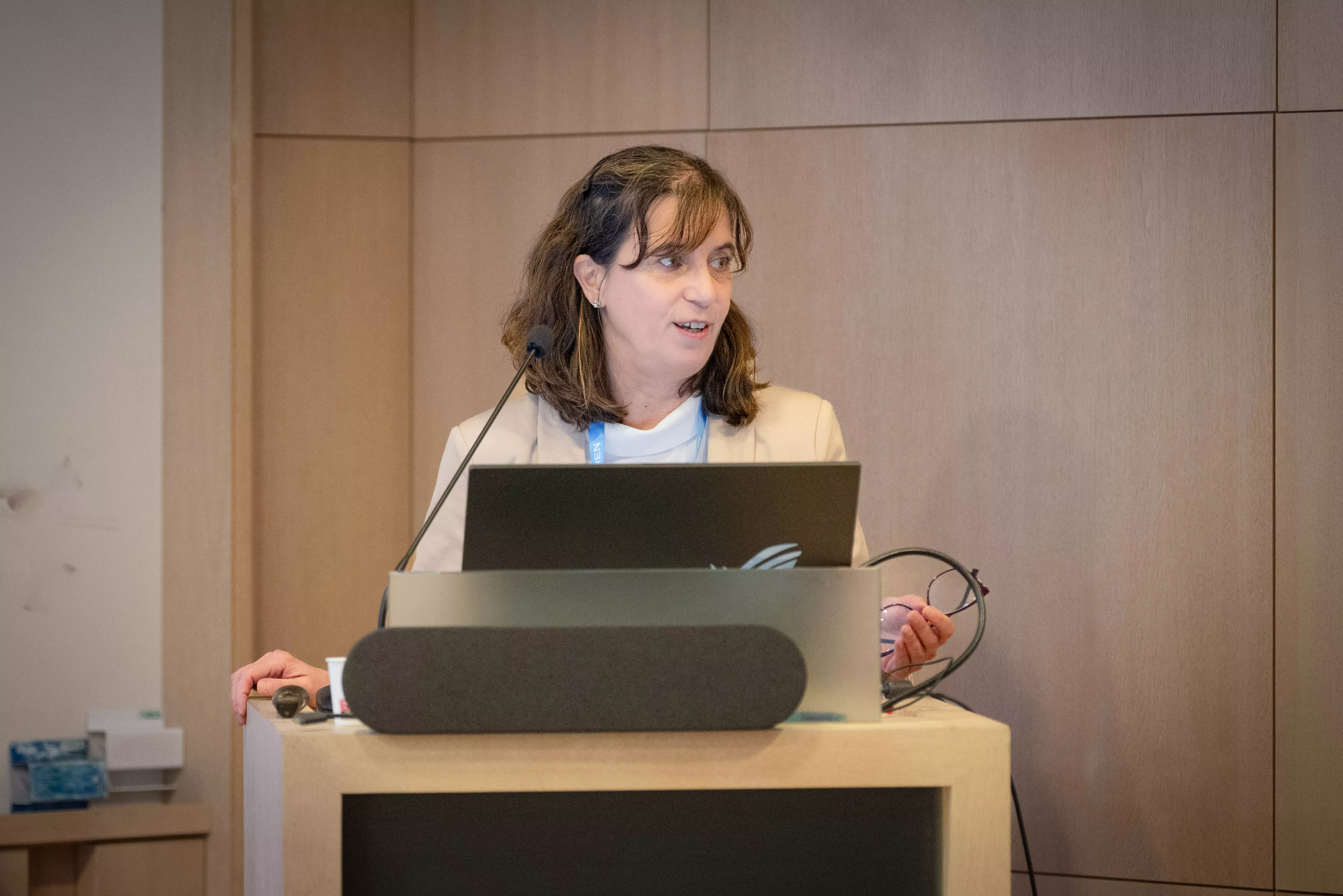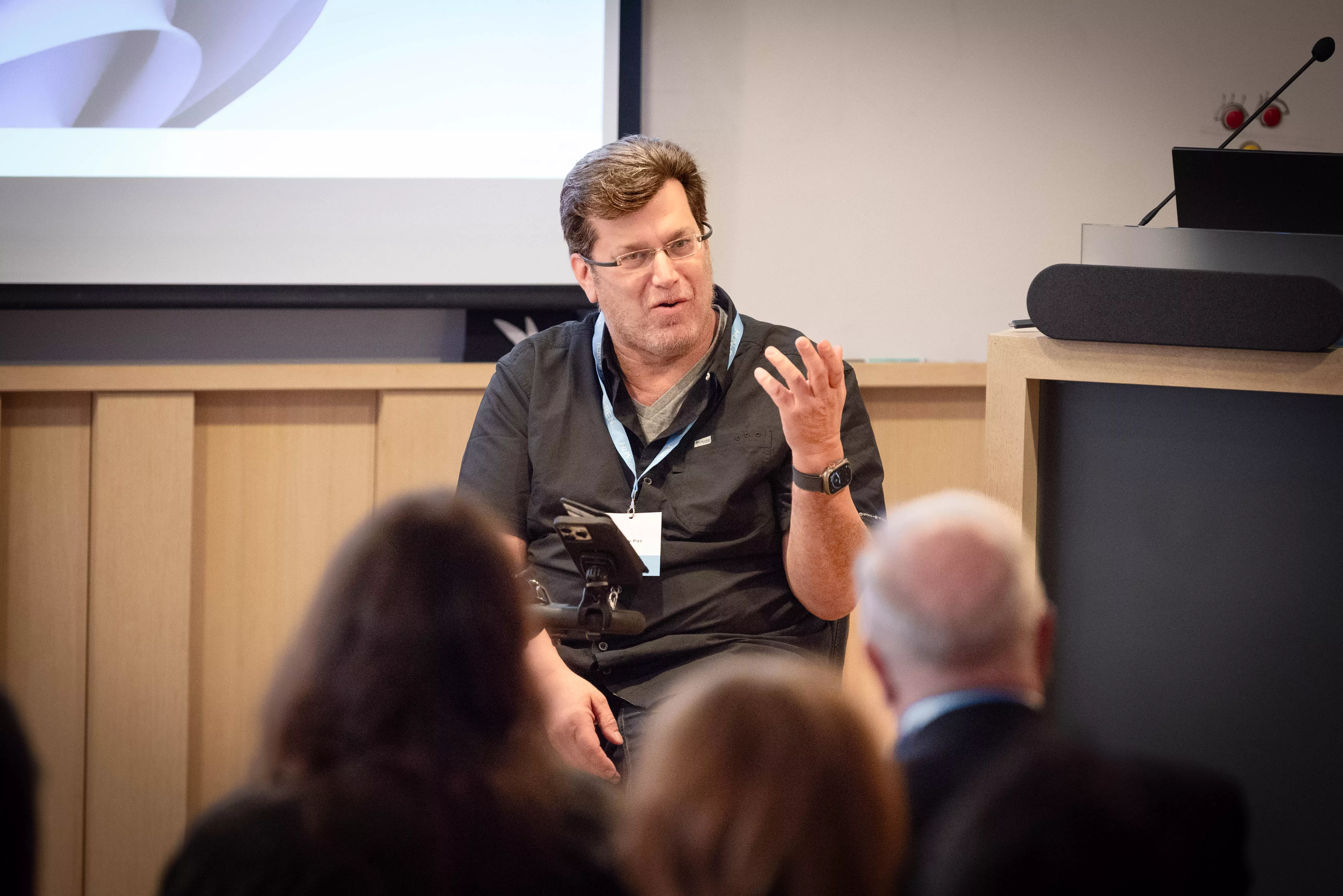On October 28-29, 2024, the HUN-REN Institute of Experimental Medicine (IEM), Hungary's premier brain sciences research institute, hosted an impactful two-day symposium in collaboration with renowned colleagues from the Weizmann Institute of Science in Israel.

The event began with welcoming remarks from Beáta Sperlágh, Deputy Director, Head of Department, at the HUN-REN Institute of Experimental Medicine (IEM), and Rony Paz, Dean of the Faculty of Biology and Director of the Azrieli Institute for Brain and Neural Sciences at Weizmann. HUN-REN President Balázs Gulyás delivered the keynote address on ’The Maintenance of High Cognitive Performance during Ageing.’

Sperlágh and Paz praised the symposium’s success, noting the strong scientific alignment between HUN-REN IEM and the Weizmann Institute. They highlighted this collaboration as a foundation for continued partnership, with plans to pursue funding and deepen research collaborations at the soon-to-open Azrieli Institute for Brain and Neural Sciences. This workshop has laid the groundwork for a robust, long-term partnership between Hungary and Israel in advancing neuroscience research.

Presentations from principal investigators and collaborators from both institutions addressed critical research areas, including synaptic plasticity and physiology, subcortical modulation of behavior, molecular mechanisms underlying circuit function and dysfunction, brain-body interactions, affective circuits, and brain states. Approximately eighty in-person attendees fostered discussions and productive exchanges of ideas.
Notable participants from the Weizmann Institute included Rony Paz, Yoav Livneh, Yarden Cohen, Michal Ramot, Meital Oren, and Ilan Lampl, while representatives from HUN-REN IEM included Beáta Sperlágh, Balázs Hangya, Zoltán Nusser, László Acsády, Viktor Varga, Erik Hrabovszky, Norbert Hájos, Krisztina Kovács, Judit Makara, Ferenc Mátyás, and Balázs Ujfalussy. The event’s organization was supported by Gabriella Verbovszky, Senior External Relations Specialist at HUN-REN, and Éva Gulyás. Balázs Hangya and Yoav Livneh coordinated the scientific program.
